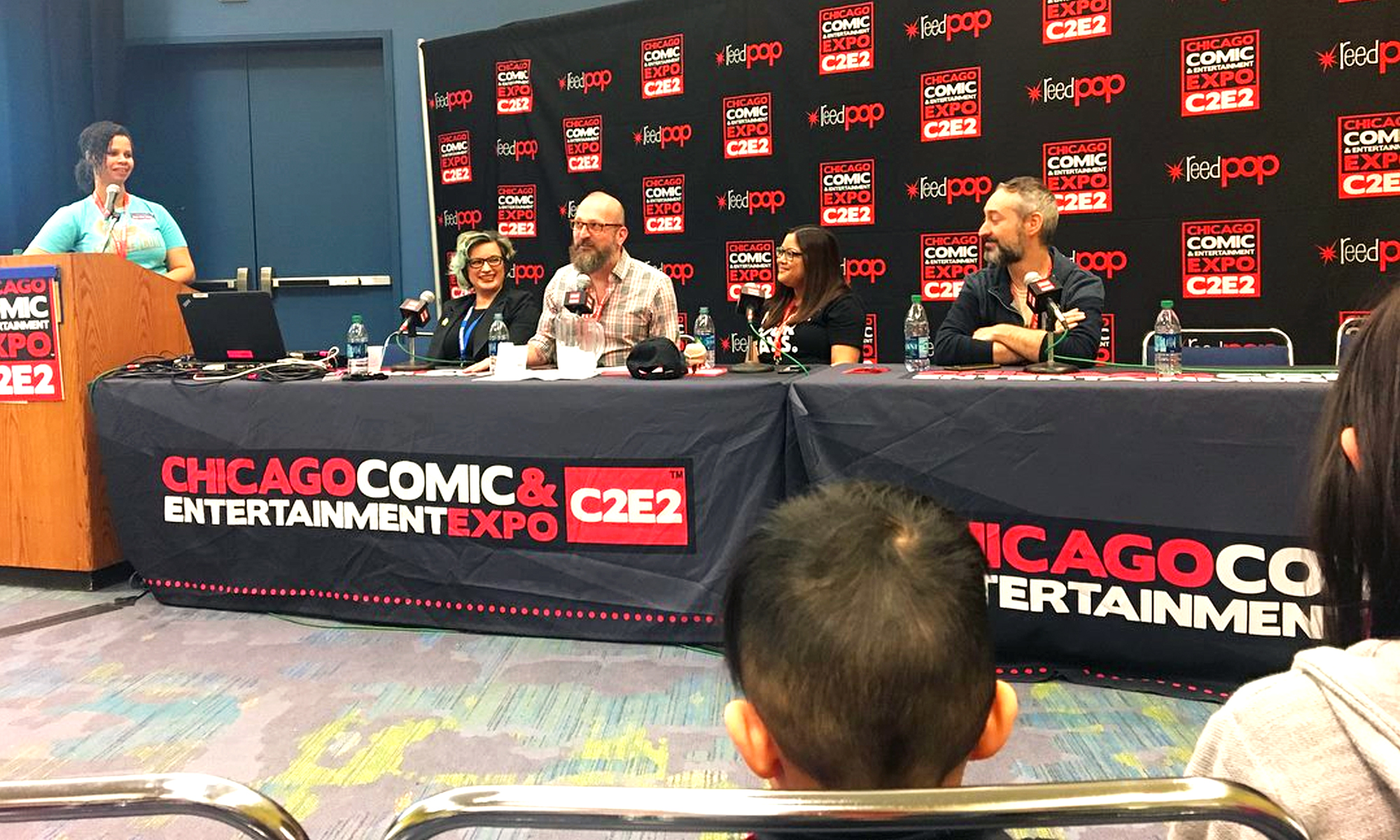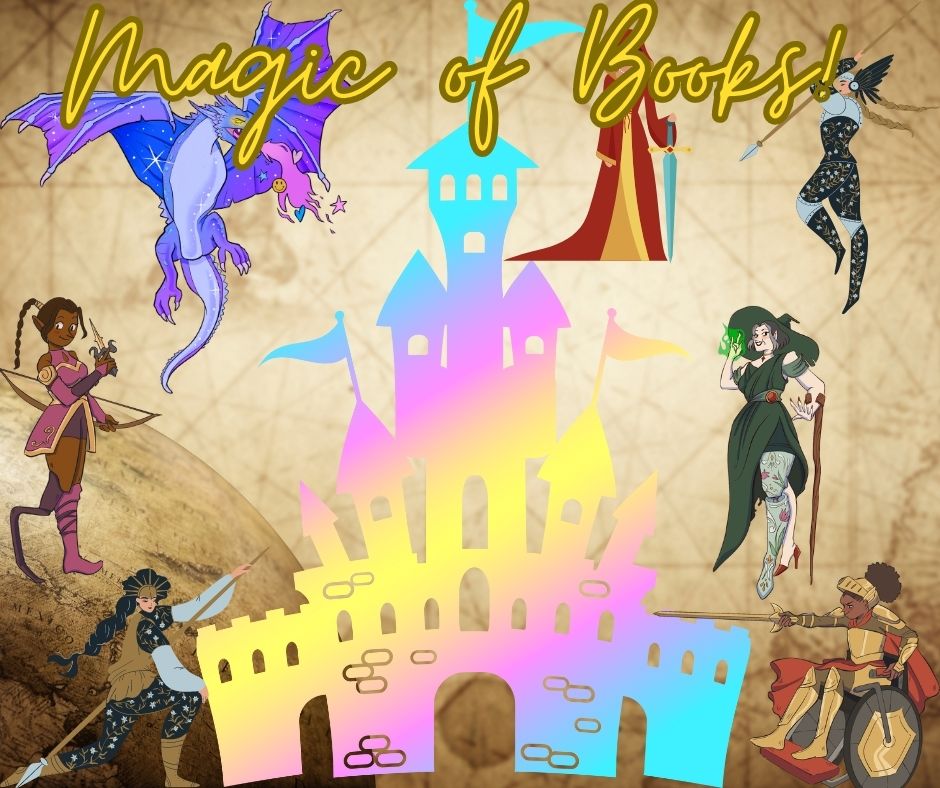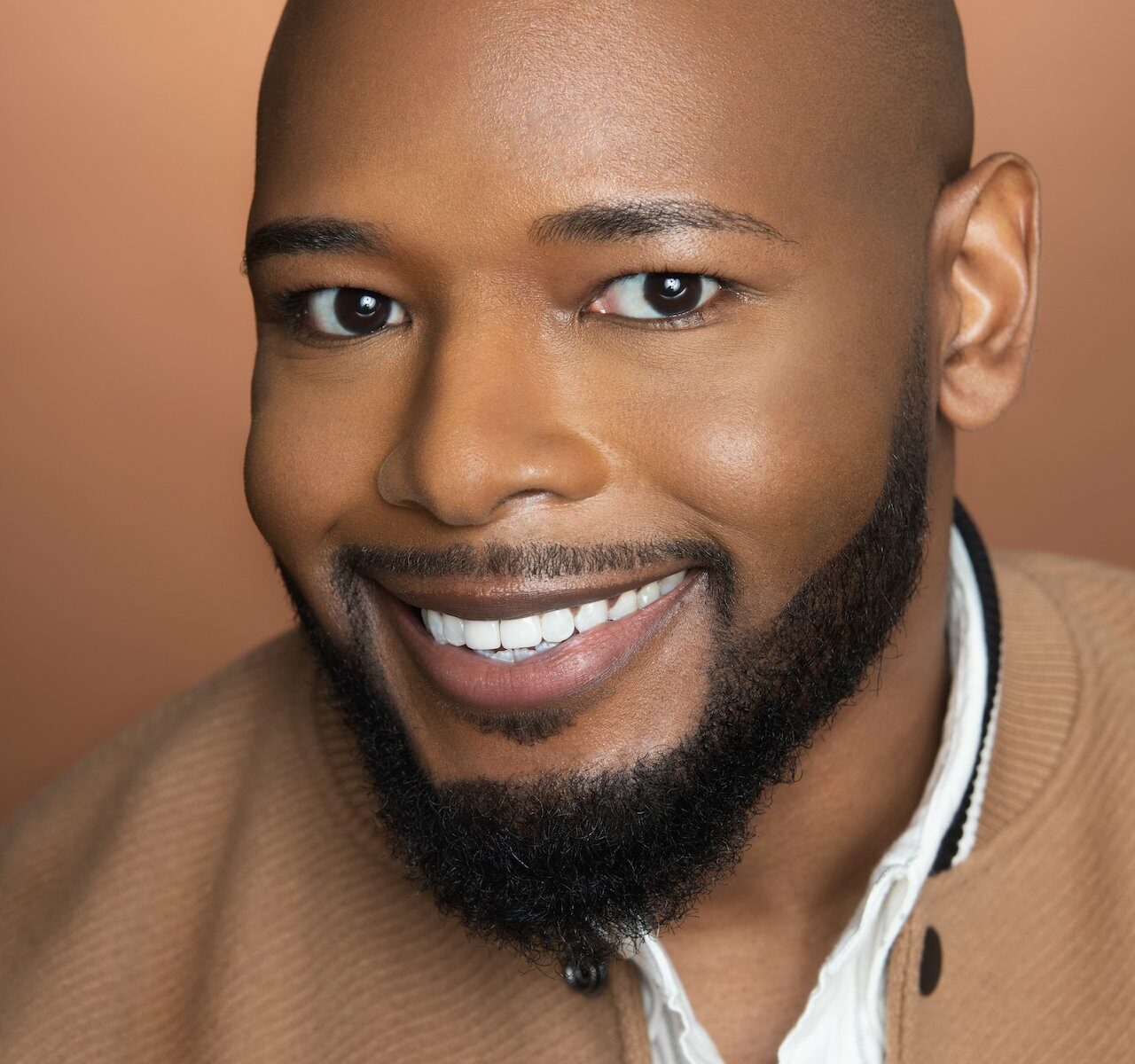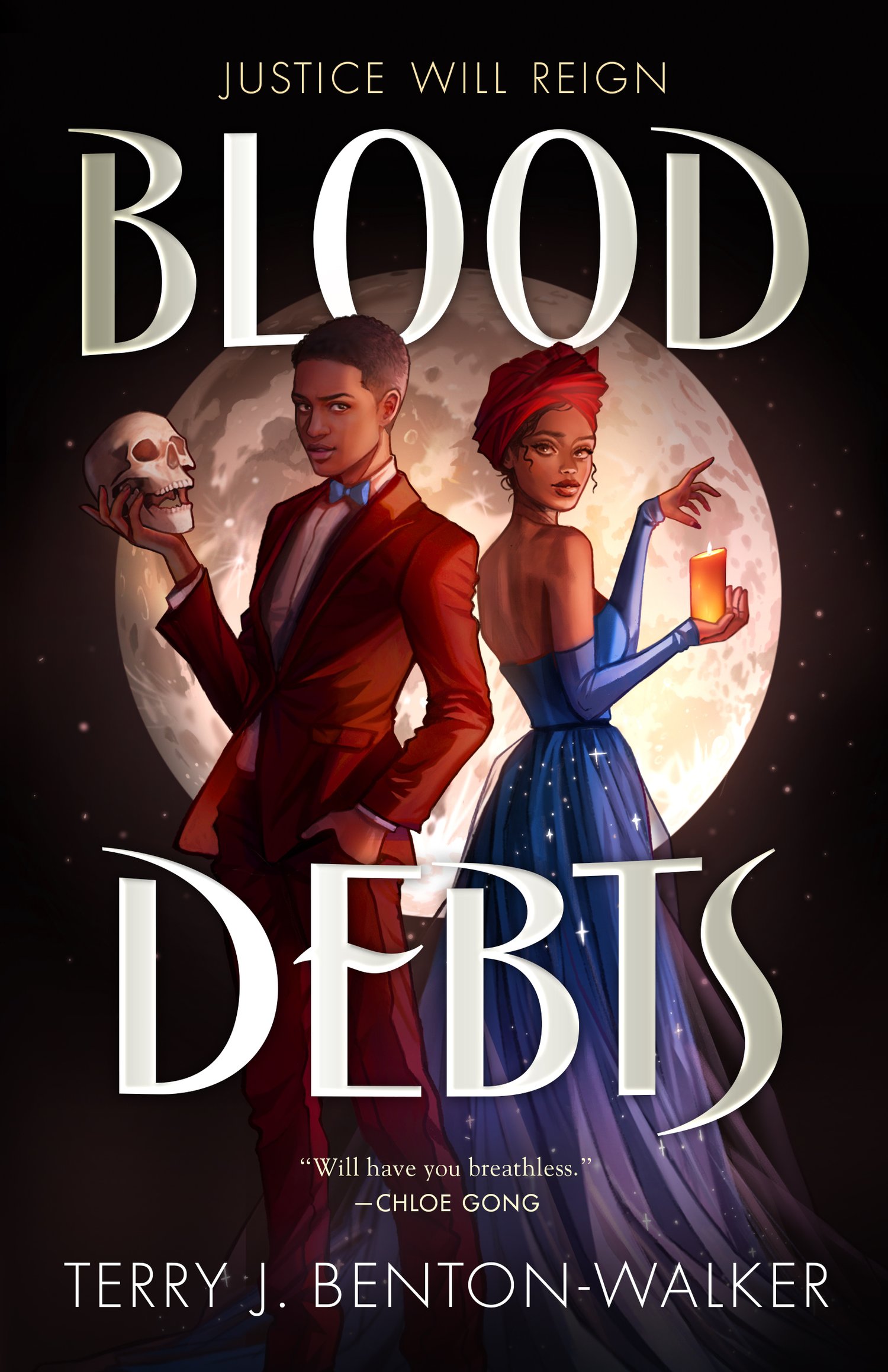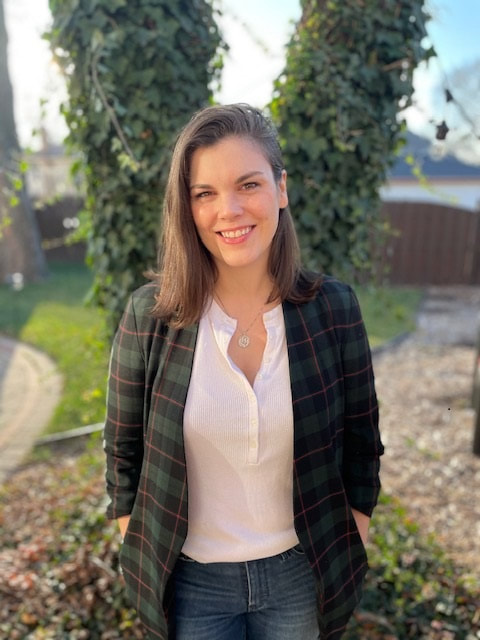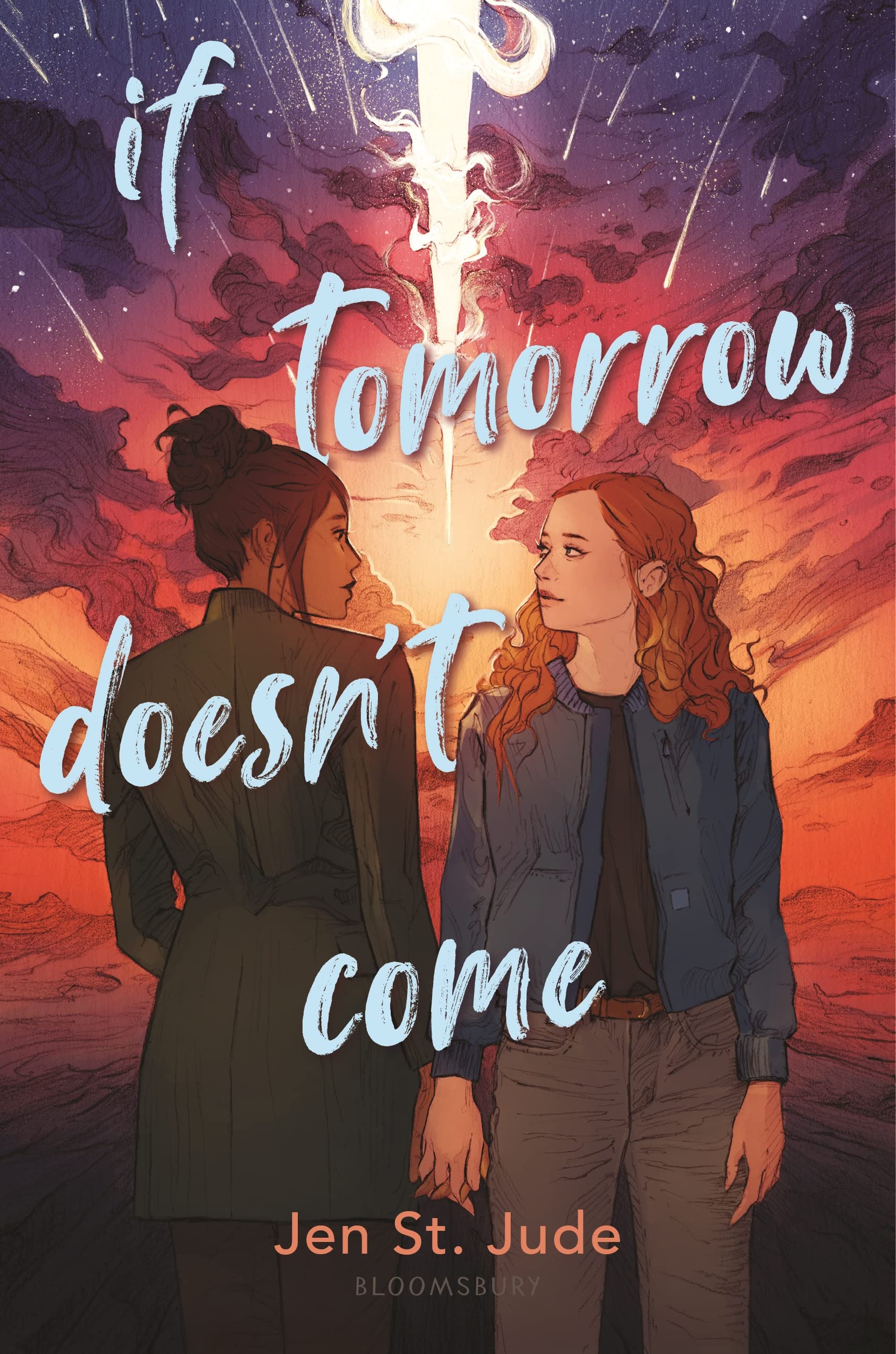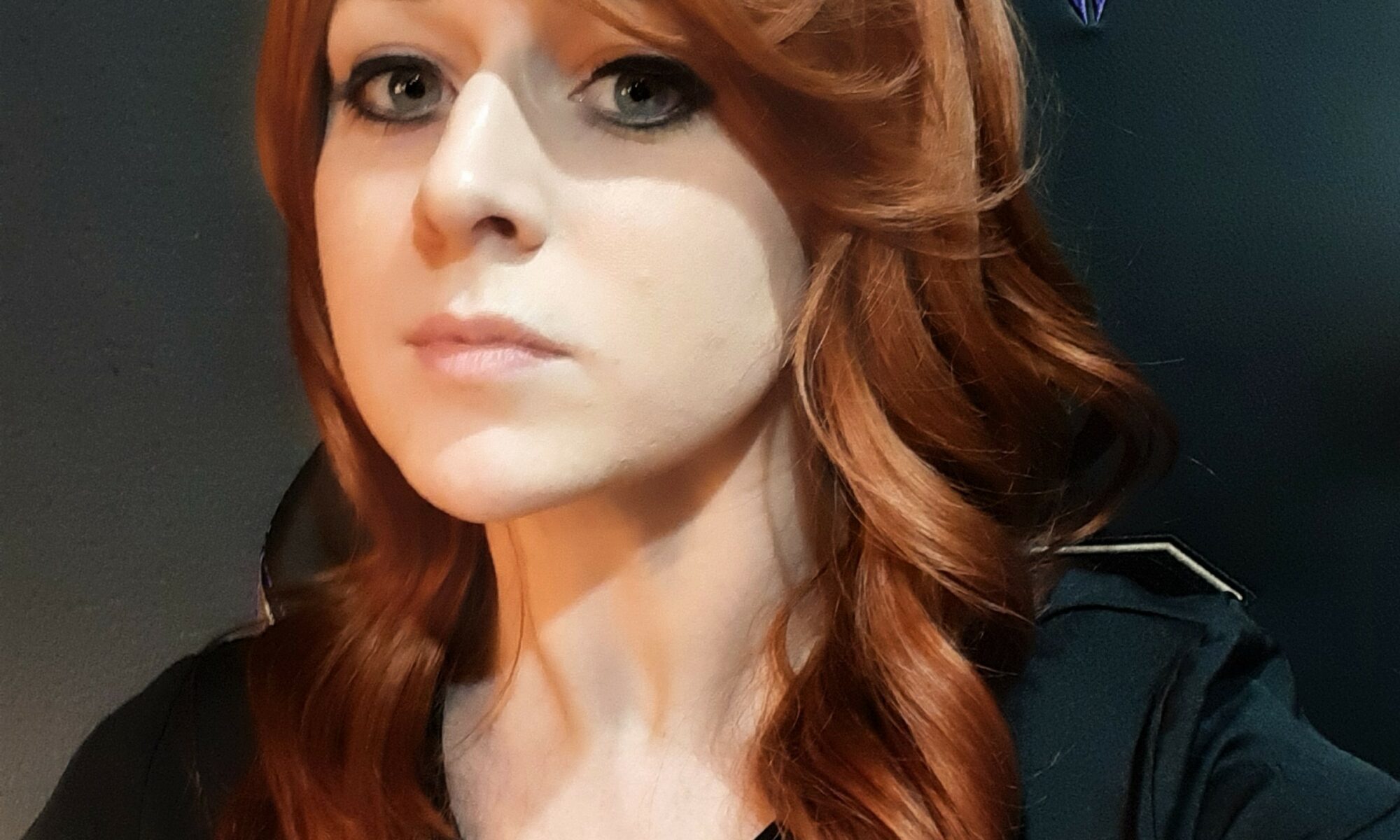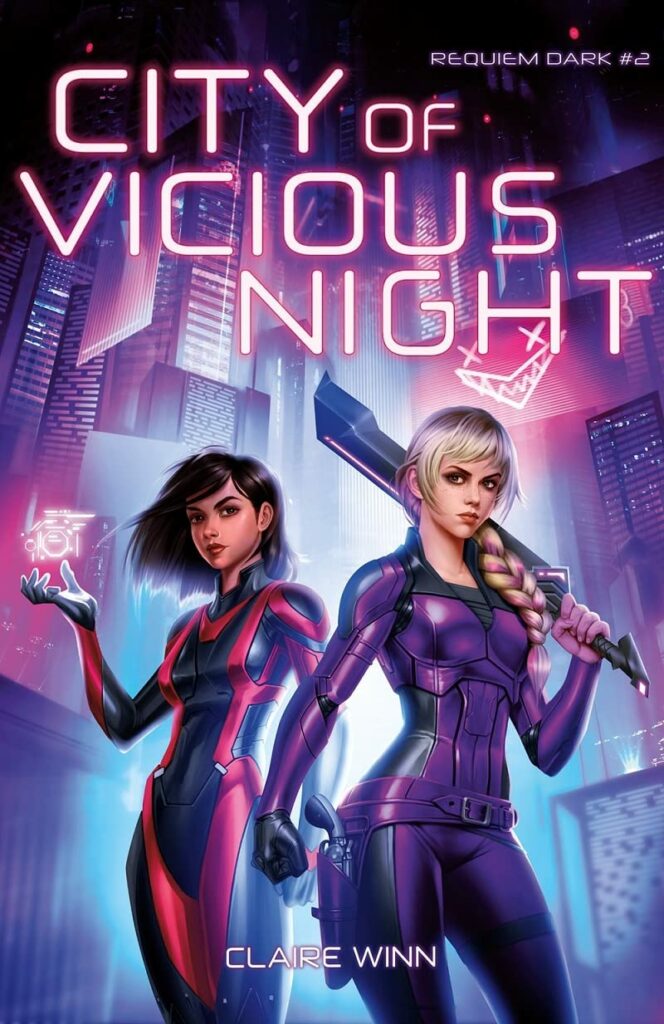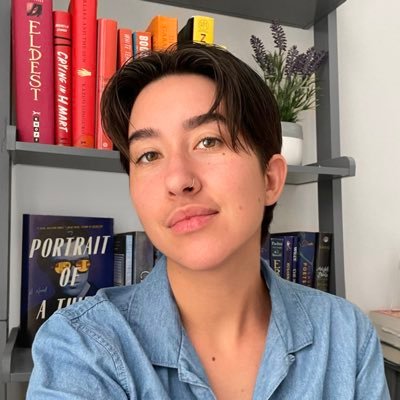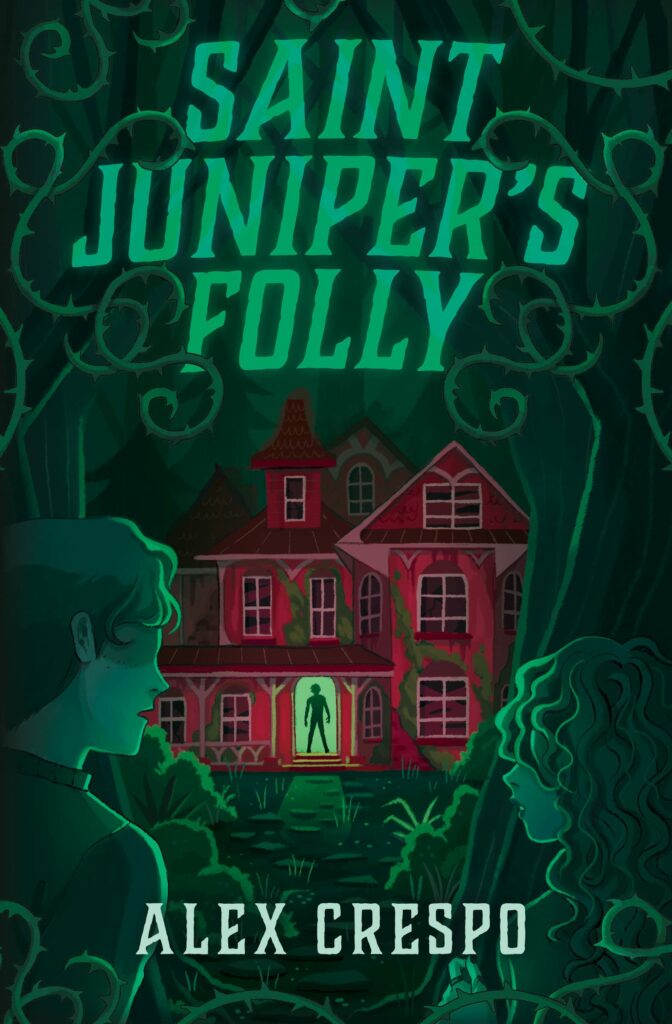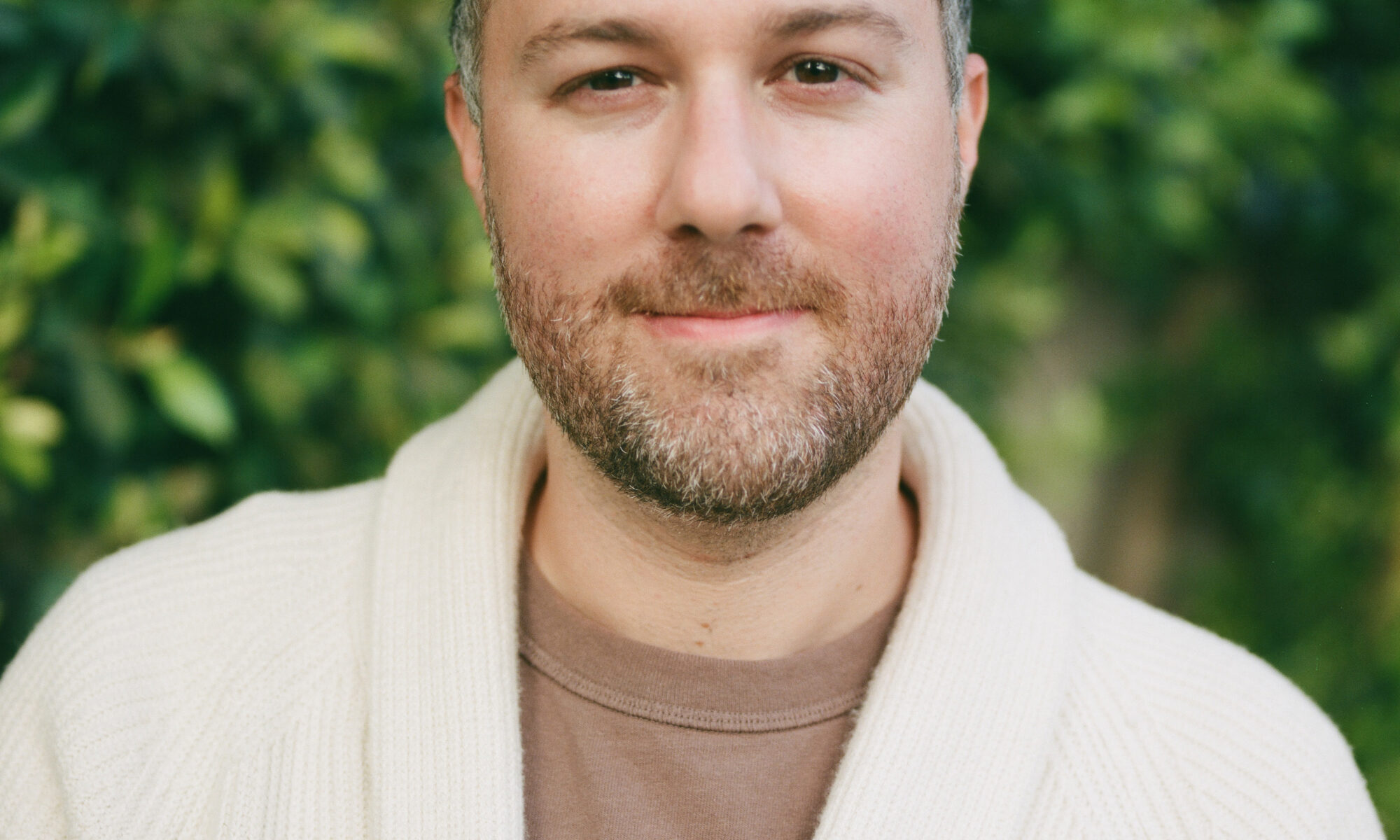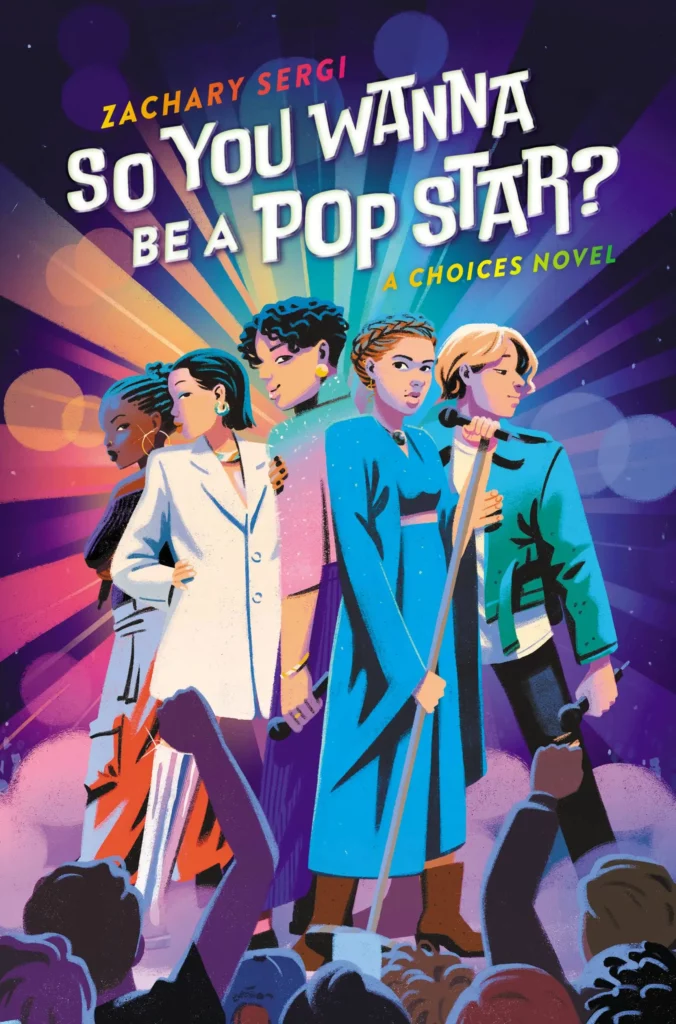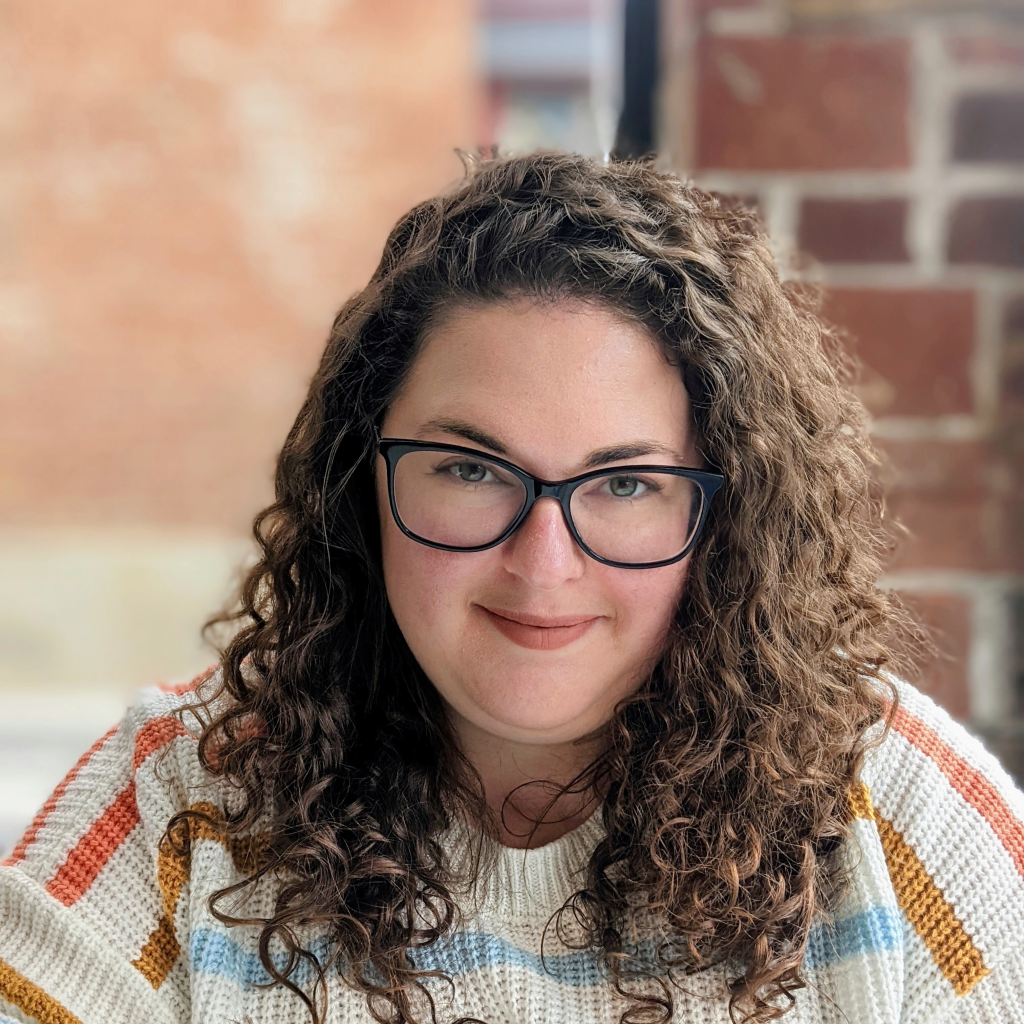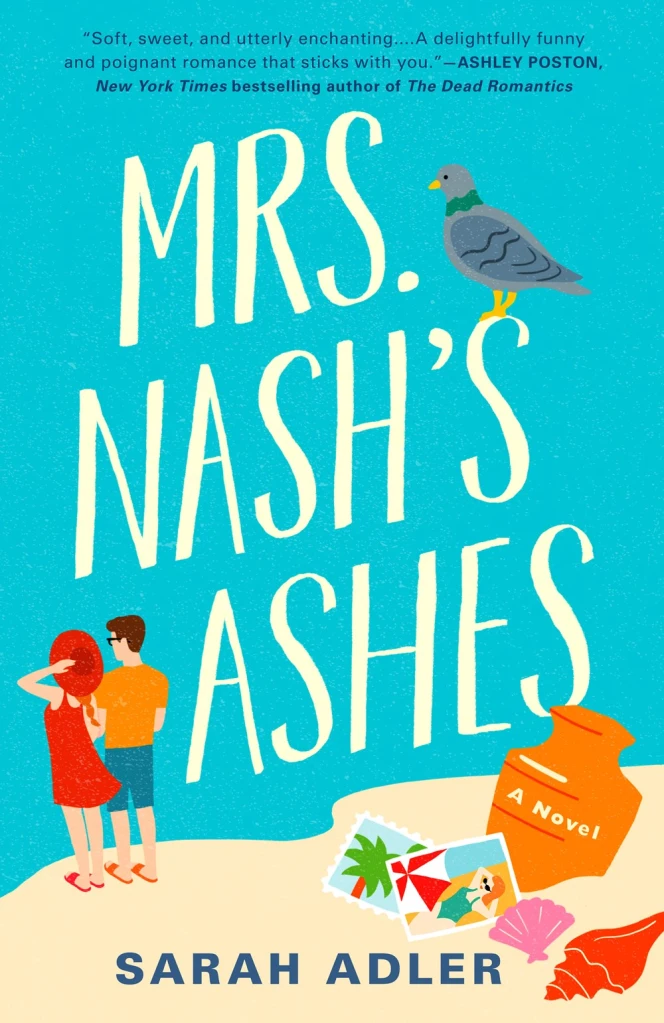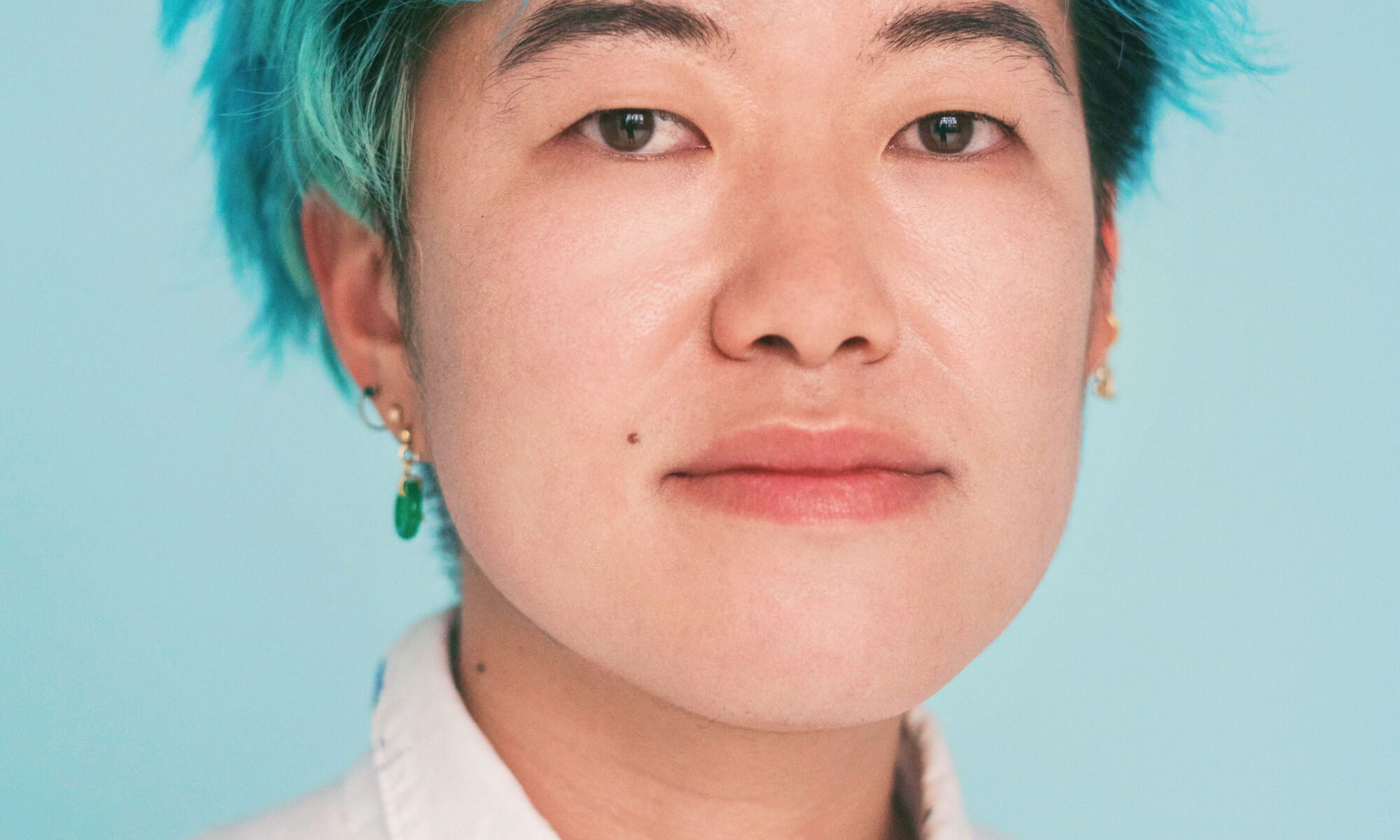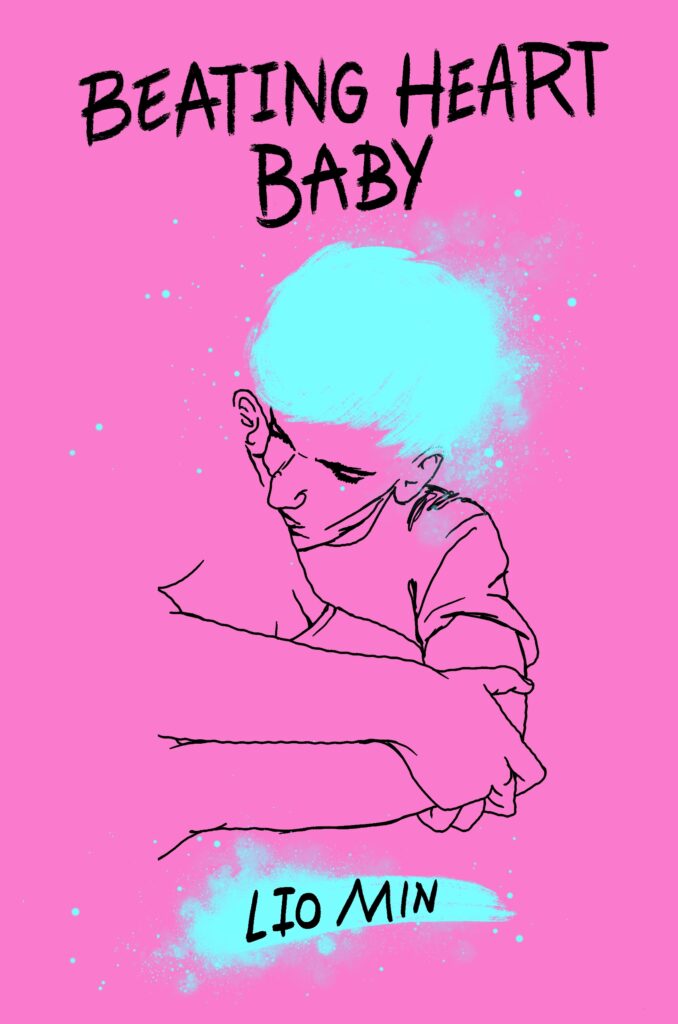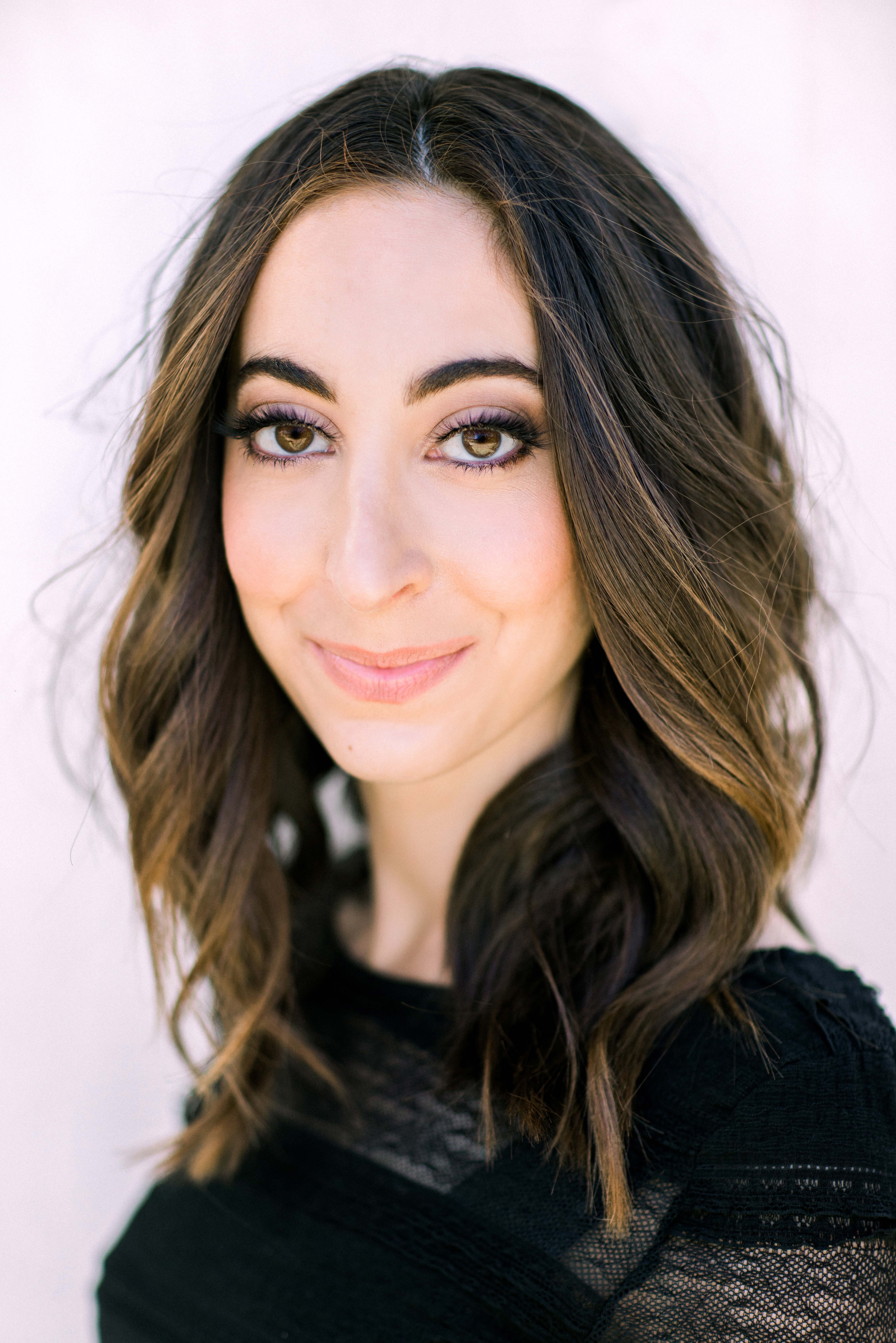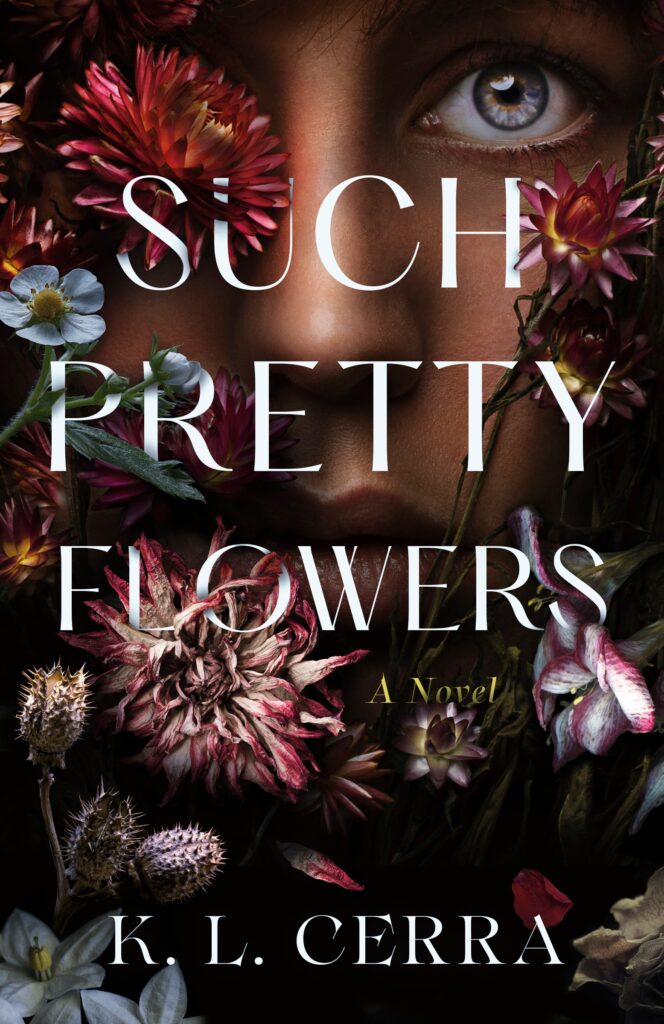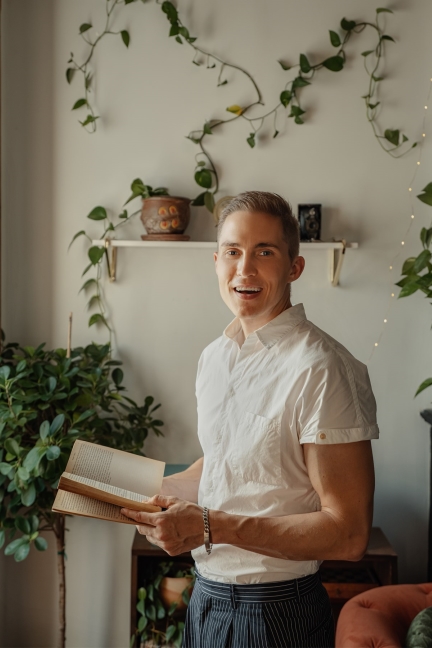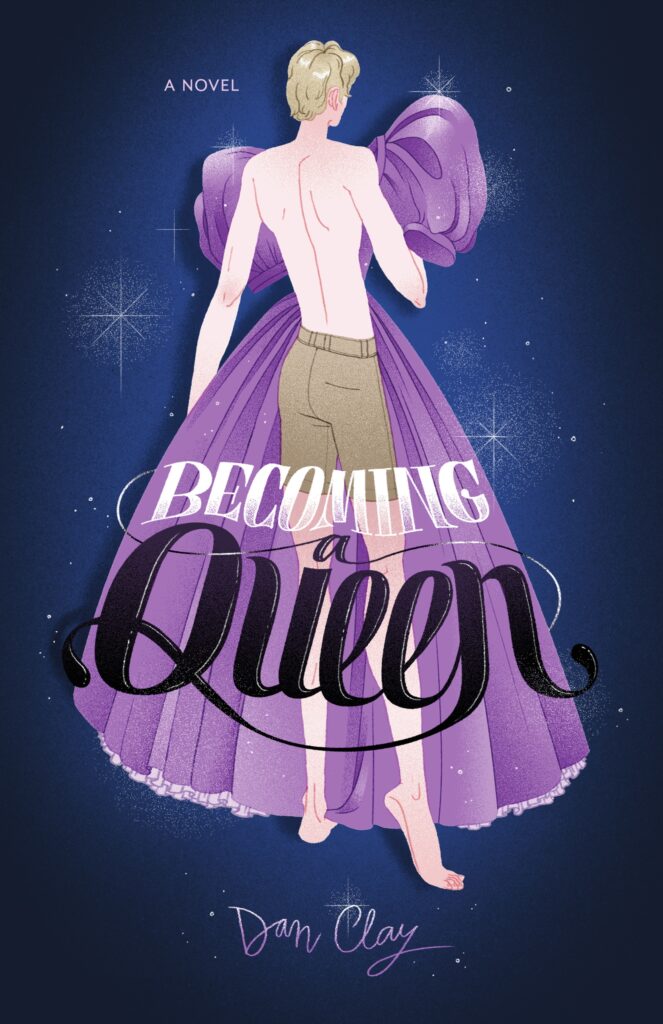Sapphic Adventurers Unite!
Busy Geek Breakdown (TL;DR): Read these books for some Sapphic Fantasy (Supernatural) Realness!
Gideon the Ninth- Tamsyn Muir;
Empress of Salt and Fortune – Nghi Vo;
Valiant Ladies – Melissa Grey;
Warrior of the Wild – Tricia Levenseller;
Dread Nation – Justina Ireland.
Welcome to a world of magic, wonder, and representation where Sapphic adventurers take center stage. If I’ve learned anything from Drag Race …
As an avid reader and fantasy enthusiast, I can’t help but don my geeky glasses and immerse myself in fantastical realms where diversity and inclusivity reign supreme. Of course I still love dimension hopping, but Fantasy is what got me started in my reading journey as a young person in Indiana. Join me as we embark on a journey through six remarkable fantasy and supernatural novels that explore compelling LGBTQIA+ issues and storylines. From necromancers to superheroes, these tales showcase the power of diverse narratives .
6. Gideon the Ninth (by Tamsyn Muir):
Content Warnings: Gideon the Ninth is about Necromancers. There’s a lot of bones and gore and violence and such. Its a darkly funny story in a dark universe. Please proceed with caution.
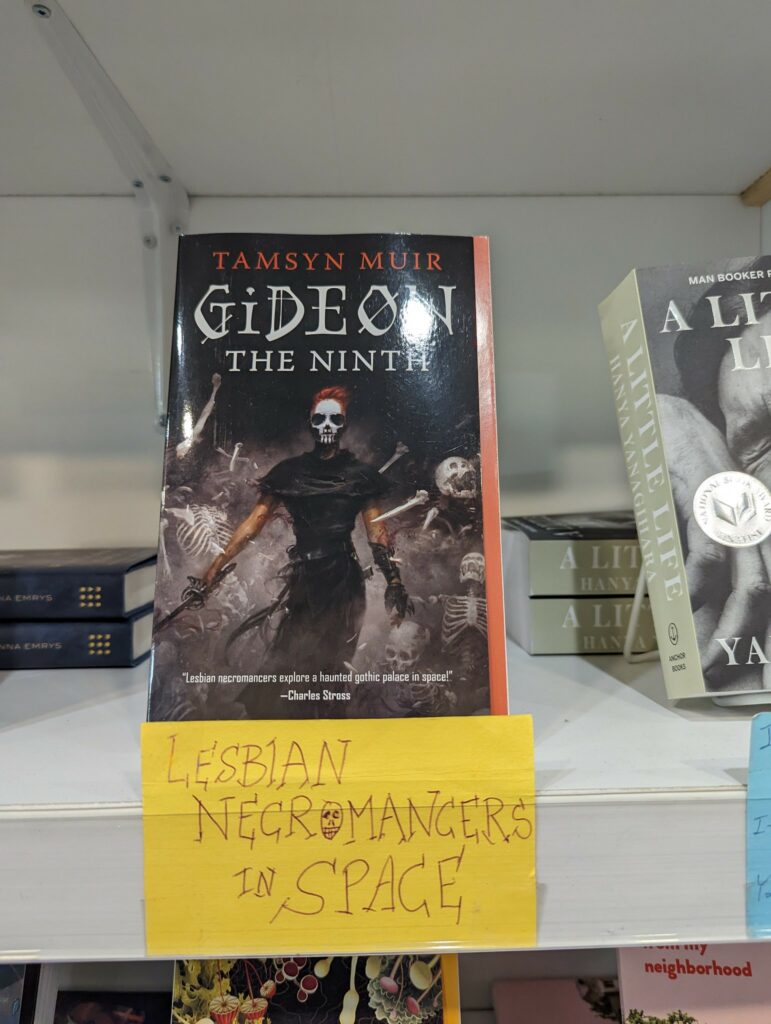
https://creativecommons.org/licenses/by-sa/2.0/
Gideon Nav, a snarky and sword-wielding orphan, is bound to her lifelong frenemy, Harrowhark Nonagesimus (her very few friends call her Harrow), to serve the Ninth House in a deadly cosmic competition. This epic tale combines dark fantasy and science fiction elements, enthralling readers with its unique blend of magic and technology. As we traverse the dangerous halls of the Emperor’s crumbling palace, we encounter a tantalizing romance between Gideon and another powerful necromancer that is not what it seems. Tamsyn Muir’s masterful storytelling highlights the struggles of queer characters while delivering a thrilling mystery and adventure that will keep you on the edge of your seat.
Gideon’s unyielding spirit and witty banter make her an instantly likable and relatable character for LGBTQ+ readers who have often sought more assertive representation in the genre. Her struggles with self-acceptance and the journey towards embracing her identity resonate deeply, mirroring the experiences of many individuals within the queer community.
The novel’s strength lies not only in its LGBTQ+ themes but also in its nuanced exploration of power dynamics, loyalty, and the complexities of human relationships. As Gideon and Harrow navigate a treacherous game of politics and dark magic, their compelling dynamic unveils layers of emotion and vulnerability beneath their seemingly adversarial exteriors.
Tamsyn Muir’s world-building is nothing short of mesmerizing. She crafts a vivid, macabre setting that immerses readers in a chillingly gothic universe filled with ancient mysteries and ominous secrets. This eerie ambiance serves as an ideal backdrop for a story that delves deep into the hearts and minds of its characters, showcasing their triumphs and traumas.
I picked this up on the recommendation of my local Providence Bookstore, and I couldn’t be happier. Tamsyn Muir’s skillful storytelling, multi-dimensional characters, and darkly enchanting world-building combine to create a singular reading experience.
5. Hench (by Natalie Zina Walschots):
Content Warnings: Some violence, blood, gore, imprisonment, and torture.
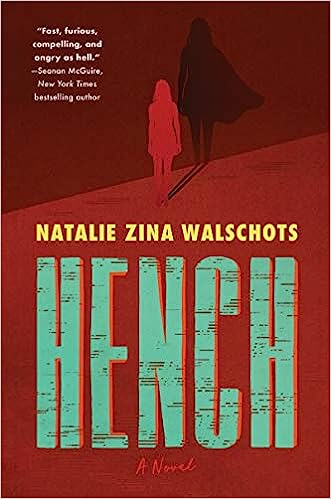
Ever wondered about the lives of henches working for supervillains? (And no, I’m not talking about Jeff Bezos, Elon Musk, Dara Khosrowshahi.) Hench takes us on a journey with Anna, a data analyst working for various nefarious villains. Amidst the chaos of superhuman battles, we witness a budding romance between Anna and a fellow hench. Natalie Zina Walschots’ engaging narrative sheds light on the vulnerability and strength of LGBT characters in a world where villains and heroes blur the lines of morality.
At the heart of “Hench” is Anna Tromedlov, a talented data analyst who finds herself entangled in the machinations of superheroes and villains. As she navigates the dangerous world of powered individuals, Anna’s compelling character arcs offer a profound exploration of identity, ambition, and the pursuit of personal agency. Her journey to embrace her queer identity resonates with authenticity. It highlights the struggles and triumphs faced by members of the LGBTQ+ community.
As Anna becomes entangled with the enigmatic and charismatic villain, Leviathan, the novel explores a complex queer relationship that defies the binary notions of good and evil. The exploration of queer romance in “Hench” transcends token representation and delves into the depths of emotional connection, showing the profound impact of authentic love regardless of societal norms.
In a genre often dominated by cisgender and heterosexual protagonists, “Hench” boldly carves out a space for queer representation and narrative complexity. The novel’s unflinching exploration of identity and agency mirrors the struggles of many in the LGBTQ+ community, highlighting the need for greater inclusivity and visibility in all forms of storytelling.
4. Empress of Salt and Fortune (by Nghi Vo):

Owner/Creator: MacMillan Publishing Group, LLC.
In this evocative novella, Nghi Vo explores the life of a non-binary cleric, Chih, who unravels the secrets of an exiled empress through the eyes of an elderly servant, Rabbit. Set against a rich tapestry of East Asian-inspired mythology, the story delves into power, betrayal, and resilience themes. As Chih and Rabbit’s paths intertwine, the novella offers a tender depiction of queer love, acceptance, and the endurance of the human spirit.
At the story’s core is a timeless tale of resilience and defiance, centered around the exiled empress, In-yo, and her loyal handmaiden, Rabbit. As their untold story unfolds through the narration of the nonbinary cleric Chih, readers are drawn into a mesmerizing journey that challenges traditional gender roles and explores the profound bond between women.
Nghi Vo’s exquisite prose creates a vivid tapestry that paints a nuanced picture of power dynamics, patriarchy, and the hidden strength of women who have often been relegated to the sidelines of history. “Empress of Salt and Fortune” celebrates the agency and wisdom of female characters while shedding light on the overlooked aspects of their contributions to shaping kingdoms and empires.
The novel explores the consequences of silenced voices and histories and profoundly resonates with contemporary social justice issues. By portraying the multifaceted impact of colonization and erasure, “Empress of Salt and Fortune” becomes an allegory for reclaiming marginalized narratives and identities.
As Chih unearths the hidden truths of the past, the novel reveals a narrative that celebrates the resilience of women, the beauty of queer connections, and the power of reclaiming history.
3. Valiant Ladies (by Melissa Grey):
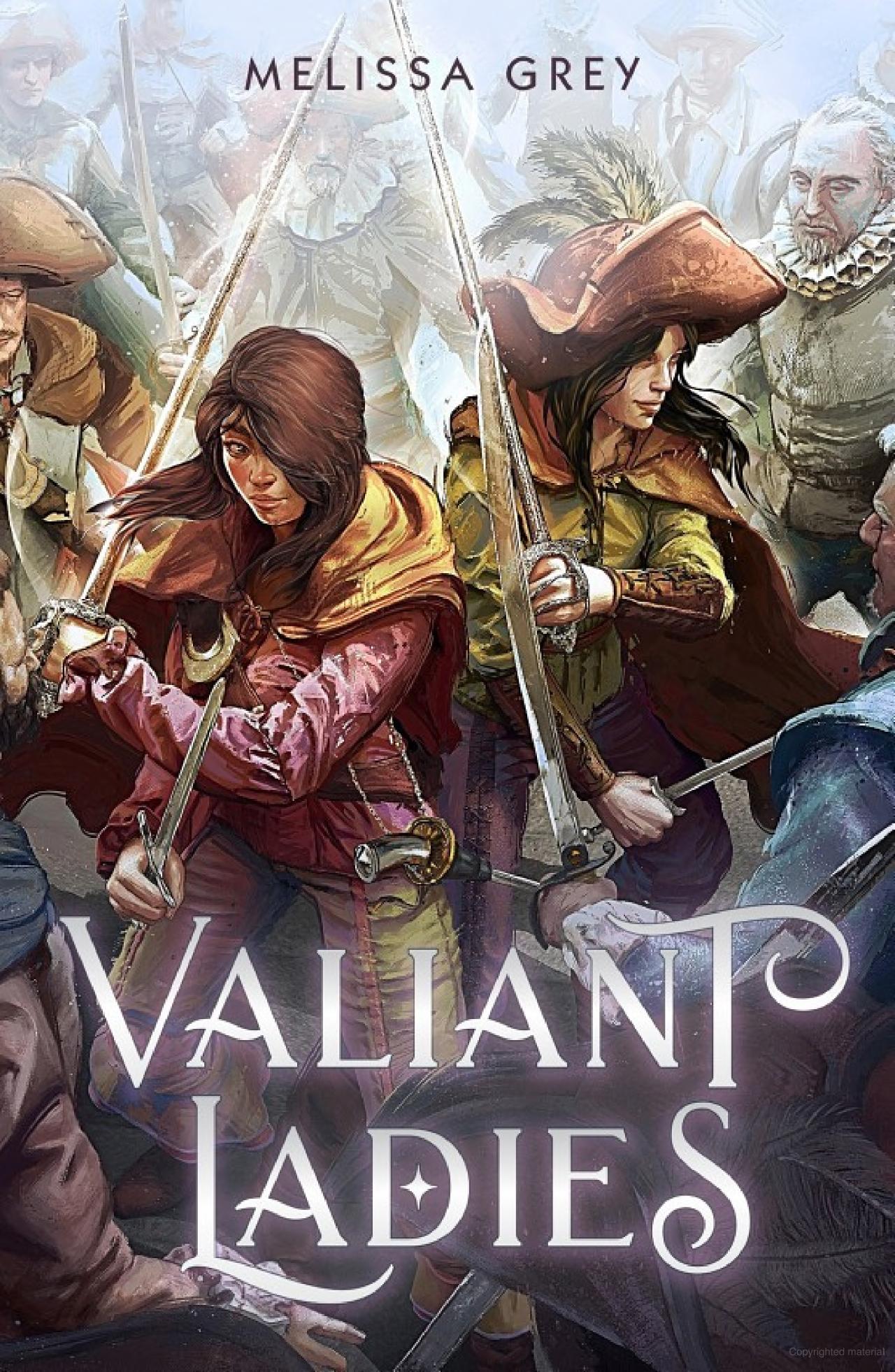
Set in the spirited landscape of 17th-century Peru, “Valiant Ladies” is a historical fantasy novel that centers on the gripping tale of Kiki and Ana, two women from starkly different backgrounds. Kiki hails from nobility, while Ana has been raised in a brothel. Despite societal differences, they form an unyielding bond and begin a thrilling secret life of night-time adventures, gambling, and rescuing the oppressed. When tragedy strikes close to home, they find themselves in the heart of a murder mystery, their growing love for each other intertwining with their pursuit of justice. Based loosely on real historical figures, the story is a riveting blend of reality and fiction, serving as a fresh take on the fantasy genre.
“Valiant Ladies” is an engaging blend of historical fantasy and sapphic romance, offering a refreshing narrative in Young Adult and New Adult literature. It beautifully captures the budding romance between the two main characters, presenting a realistic, intimate exploration of a lesbian relationship that is still sadly underrepresented in fantasy.
The novel successfully fuses fantasy tropes with a distinct LGBTQ+ narrative. Kiki and Ana’s story challenges the familiar heteronormative narratives found in many fantasy novels, bringing to the forefront a tender sapphic romance that resonates deeply with the LGBTQ+ community. It is not simply a token romance but an integral part of the plot as they navigate their growing feelings amidst societal expectations and high-stakes adventures.
The book’s historical context provides a unique backdrop for exploring issues of acceptance and identity. Ana’s acceptance by Kiki’s noble family and their non-judgmental approach towards her past provide a poignant commentary on acceptance and breaking societal norms, a theme many in the LGBTQ+ community can relate to.
Moreover, “Valiant Ladies” doesn’t shy away from weaving feminist themes into its narrative. The heroines challenge the gender norms of their time – they are vigilantes, gamblers, and fighters, subverting expectations in a predominantly patriarchal society. This aligns with the broader themes of resistance and agency explored in LGBTQ+ narratives.
“Valiant Ladies” is a fun, engaging historical fantasy that offers a heartwarming sapphic romance, an exciting adventure, and a thoughtful exploration of LGBTQ+ themes. While it doesn’t revolutionize the genre, it adds a much-needed voice to the diversity of narratives within fantasy literature. It’s a must-read for any Queer geek seeking representation and relatability in their fantasy adventures.
2. Warrior of the Wild (by Tricia Levenseller):
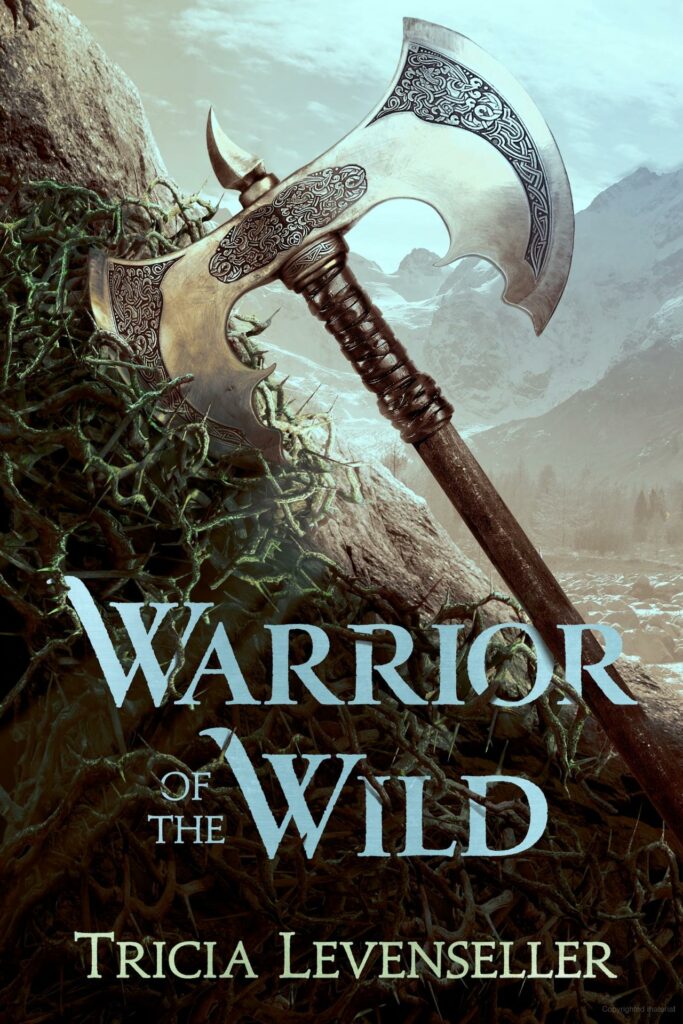
Owner/Creator: MacMillan Publishing Group, LLC.
In “Warrior of the Wild” by Tricia Levenseller, embark on a captivating journey into a Viking-inspired world where honor, love, and identity intertwine. As the story unfolds, Rasmira, a fiercely skilled warrior, faces the heartbreak of betrayal and is cast out to the perilous wilderness. To redeem herself, she must accomplish the impossible – slay an oppressive god. In this action-packed tale of self-discovery and resilience, Rasmira’s unwavering spirit challenges societal norms. An unexpected romance blooms, transcending boundaries and making an empowering statement for LGBT representation in fantasy.
Rasmira’s journey as a robust and skilled warrior mirrors the struggles of many in the Queer community who face discrimination and prejudice based on societal expectations. Her resilience and determination in the face of adversity are an empowering parallel to the real-world challenges of self-acceptance and embracing one’s true identity.
The novel artfully incorporates LGBTQIA+ themes, offering readers a heartwarming and authentic portrayal of same-sex love through the character of Iric. As Rasmira’s banished companions, Iric and his partner defy society’s expectations, and their relationship becomes a beacon of hope for those seeking representation in fantasy literature.
Beyond its focus on LGBT representation, “Warrior of the Wild” delves into broader social justice issues. Through Rasmira’s journey to defeat an oppressive god, the story symbolizes the fight against systemic injustice and the struggle to dismantle oppressive power structures. The battles she faces in the wilderness are potent metaphors for overcoming societal prejudices and finding one’s place in a world that often seeks to marginalize and silence diverse voices.
Tricia Levenseller’s masterful storytelling unfolds with a perfect blend of action, romance, and rich world-building. While the novel adheres to classic fantasy tropes, it gracefully subverts them to celebrate diversity and inclusivity. The characters are beautifully developed, and the solid sisterly bond between Rasmira and her sister adds depth to the narrative, emphasizing the importance of family support in the journey toward self-acceptance.
1. Dread Nation (by Justina Ireland):
Content Warnings: Racism, racial violence, gore.
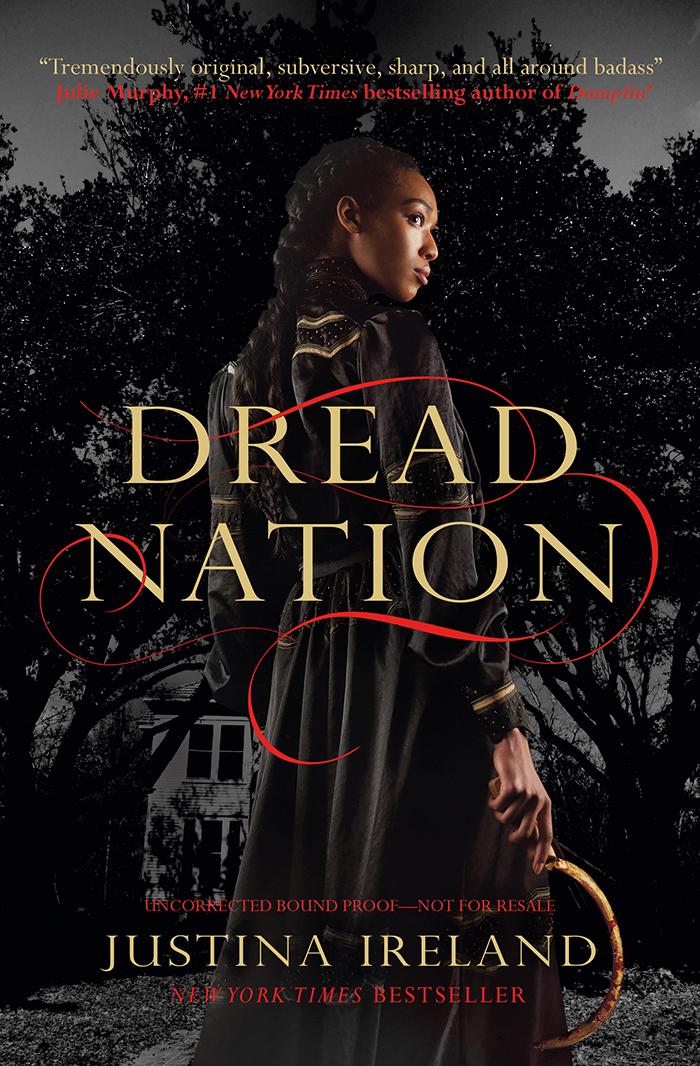
I know what some of you are thinking. I just did a review of Survival Horror Books. How did I end up with a Zombie Book on the Fantasy List? That is a valid question, but holy cow look behind you!
What if the Civil War was interrupted by a zombie apocalypse? Dread Nation presents a gripping alternate history where African American and Native American children are forced to train as zombie-fighting warriors. Among them, the bold and capable Jane McKeene stands out, fearlessly challenging the norms of her society. She forms a complex bond with another girl along her path, showcasing a powerful portrayal of queer love amidst the undead chaos.
“Dread Nation” by Justina Ireland is a riveting and groundbreaking novel that deftly weaves together alternate history, zombie horror, and social commentary while championing intersectional representation with a fierce and complex protagonist. This genre-blending tale transports readers to an America where the Civil War takes an unexpected turn when the dead rise, forcing a new narrative of survival and resistance.
At the story’s heart is Jane McKeene, a fierce and intelligent Black protagonist who navigates a world where racial oppression intersects with the threat of the undead. As a student in Miss Preston’s School of Combat, Jane is trained as an Attendant, meant to protect the wealthy white citizens from the relentless zombie hordes. Her narrative embodies the struggle of Black people throughout history, navigating a society that seeks to control and limit their potential.
Justina Ireland’s writing is engaging and thought-provoking, immersing readers in a vividly depicted world that mirrors the complexities of our own history. Through Jane’s journey, the novel delves into themes of identity, survival, and rebellion against oppressive systems, resonating deeply with readers who face similar challenges in the real world.
As we conclude our journey through these enchanting worlds, we celebrate the wonders of fantasy and supernatural fiction and the importance of queer representation. So, whether you’re a seasoned fantasy enthusiast or a newcomer to the genre, these books promise to leave you enchanted and inspired, opening your heart and mind to the power of Sapphic adventurers and their quest for love, acceptance, and triumph. As always, if you think I missed any great reads, let me know. Happy reading!
